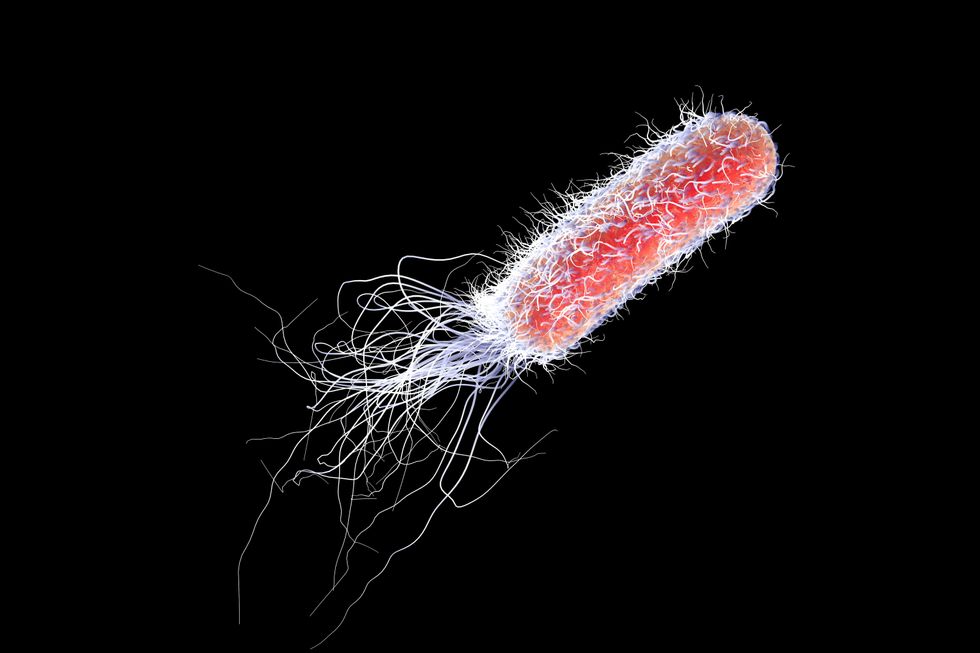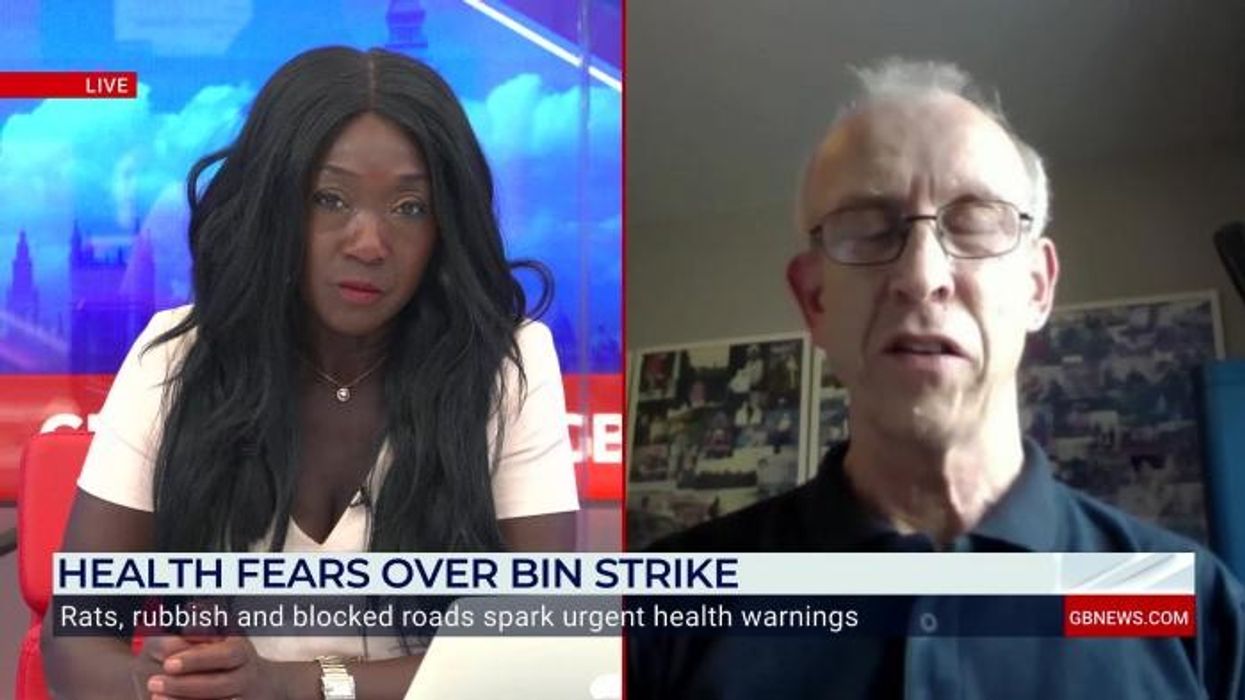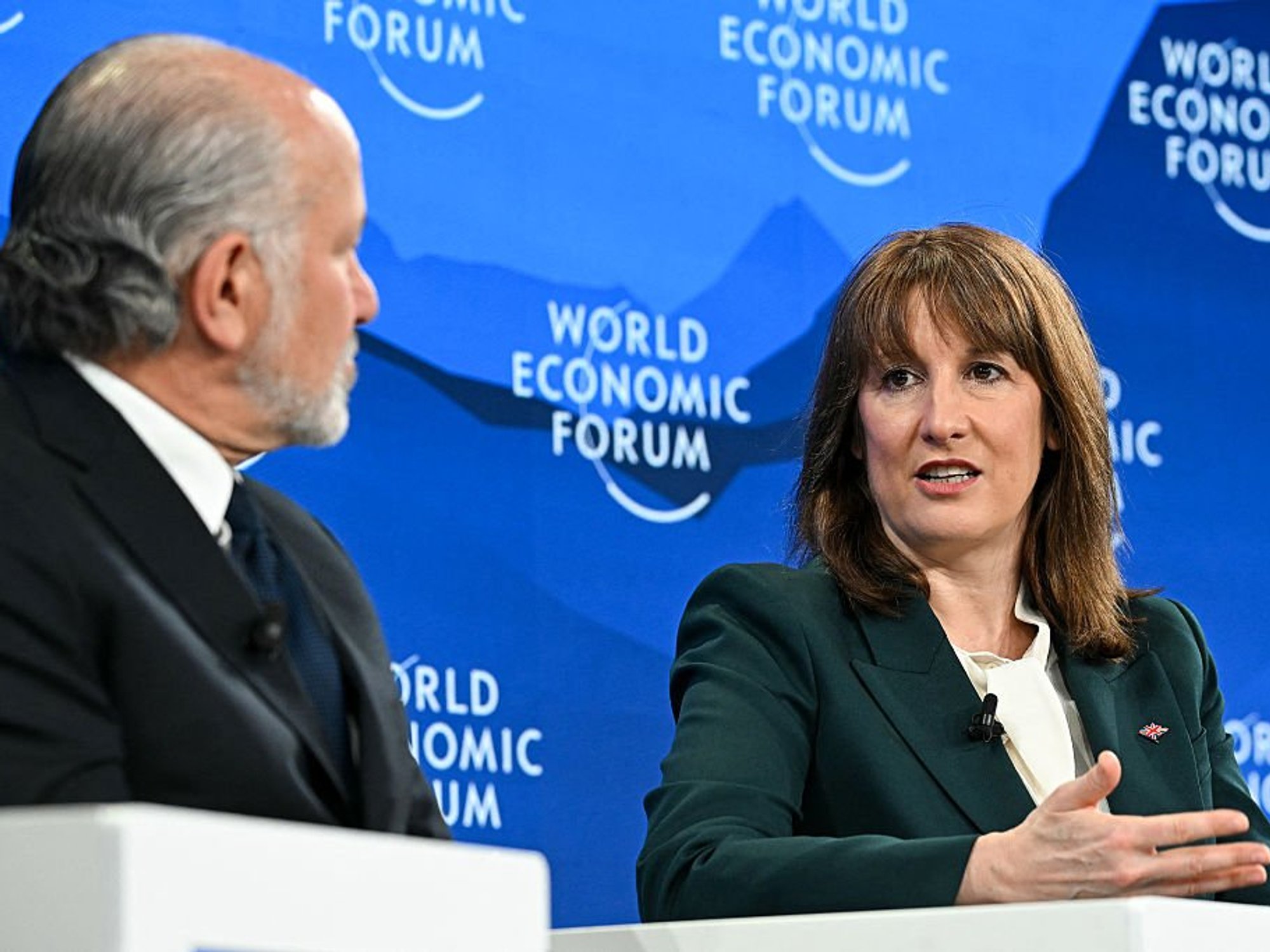UK hit by worst outbreak of contagious bacteria in decade as fatal infections surge

The infection causes severe diarrhoea, high temperature and stomach pain
Don't Miss
Most Read
A deadly bacterial infection has reached its highest levels in over a decade across the UK, with 19,239 cases of Clostridioides difficile reported between February 2024 and January 2025.
The highly contagious bacterium, commonly known as C. diff, killed 2,164 patients in 2023/4 - a fatality rate of 12.9 per cent. Medical experts are sounding the alarm about the surge, which marks the worst outbreak since 2011/12.
The infection, which typically affects elderly patients and those exposed to antibiotics or hospital environments, causes severe gastrointestinal symptoms.
Each case places a significant financial burden on the NHS, with treatment costs ranging from £11,000 for primary infections to as much as £31,000 for recurrent cases.

Patients face long-term consequences that affect their daily lives
|GETTY
Specialists warn that without immediate intervention, the UK risks returning to the catastrophic levels seen in 2007.
Dr Kerrie Davies of the C. Diff Trust described the devastating impact on patients, telling Metro: "Patients with it tell us how scared they are. It is the worst diarrhoea that you have ever, ever had in your life."
The infection causes severe diarrhoea, high temperature and stomach pain. Beyond the immediate symptoms, patients face long-term consequences that affect their daily lives.
"They tell us they're really worried about leaving their houses because they don't know if they'll be near a toilet when they go out," Dr Davies explained.
The condition can impact patients' ability to work and requires extended recovery periods.
Even after symptoms resolve, the infection leaves patients with lasting frailty. Dr Davies, who has researched the bacteria for two decades, emphasised that recovery takes considerable time.
The financial toll on the NHS is substantial, with studies showing primary infections cost upwards of £11,000 per patient. Recurrent cases prove even more expensive, ranging from £19,000 to £31,000 due to isolation precautions, specialised nursing care and medication costs.
The bacteria's tendency to reinfect poses a particular challenge. After an initial infection, patients face a 25 per cent chance of contracting C. diff again. This risk escalates to 40 per cent after a second infection and reaches 60 per cent following a third occurrence.
Each subsequent infection carries an increased risk of death. The bacteria typically live harmlessly in the bowel alongside other bacteria, but when this balance is disrupted, infection can occur and spread rapidly through spores in diarrhoea.
LATEST DEVELOPMENTS

The infection causes severe diarrhoea
|GETTY
Medical professionals are warning that urgent measures are needed to prevent a return to 2007's catastrophic outbreak, which saw over 50,000 cases and resulted in more than 7,000 deaths.
Dr Davies cautioned that healthcare professionals have "taken their eye off the ball" since the Covid pandemic, leading to "a breakdown in infection prevention". She stressed: "We cannot afford for more patients to be dying of this every year."
Russell Hope, UKHSA Senior Scientist and Team Lead, acknowledged the crisis, stating that UKHSA is "working alongside partners, including NHS England, to investigate recent increases in C. difficile cases in hospitals and community settings".
He attributed the rise to multiple factors, including an ageing population with complex health conditions, and confirmed that investigations are ongoing to determine appropriate public health responses.











